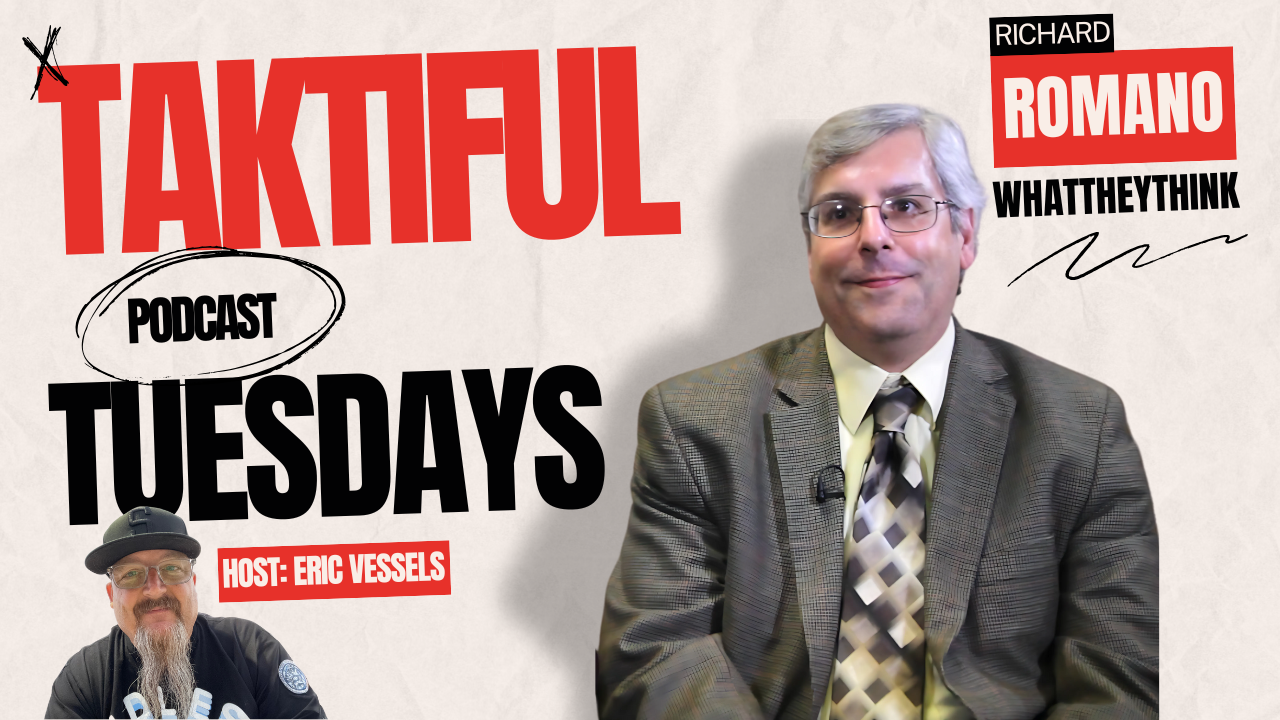By Harvey Hirsch Selling in today's market requires stealth, adaptability, resourcefulness, and in most cases, a sharp pencil. June 21, 2004 -- The Samurai created a caste of unionized warriors with their own tools, training, apprenticeships, code of ethics, and hierarchy. The training and discipline required to maintain the tough life of a "sword for hire" culled only the best from the many wannabes. If you've had a chance to see "The Last Samurai" or its precursor "Shogun," you get a glimpse of the focus and deep concentration these rare men possessed in their quest for perfection. Their philosophy of Bushido elevates duty to one's Emperor to an almost religious fervor. Samurai who failed to make the grade often committed sepuku or hari kari, where they literally tore their guts out (I guess ulcers were not invented yet) rather than live a shameful existence. Some even had their best friends--termed their "seconds"--quickly remove their heads to ensure quick transition into heaven. Compared to today's print market, they had it easy! Printing companies in this highly competitive, constantly shifting, always penny-wise, "I need it yesterday" market are disappearing at a yearly rate of almost 20 percent. Clients are cutting their marketing budgets, Advertising agencies are downsizing, paper sellers are crying and printers are scrambling for new clients. Oh, did I mention fickle customers? Selling in today's market requires stealth, adaptability, resourcefulness, and in most cases, a sharp pencil. If you find out what is causing the most pain for the prospect, it becomes a simple task to remove the pain through your products and services Dan Shanok, President of TD Sales and a sales trainer with Sandler Sales Institute states, "One of the most important skills anybody in sales should have is the ability to keep precise details of their time. Whether it's prospecting for leads, networking to groups, visiting customers for referrals or cold calling on the phone, you've got to know how much time you spend cultivating that lead." Shanock explained that at the end of the year he can generate a report on how much time it took him to find a "suspect" and turn them into a "prospect" and then into a customer, at the click of a mouse. "Keeping precise records tells you not only your hourly rate of pay, but if you are improving or getting worse," he added. Shanock's records are so detailed that he knows the monetary value of each Chamber of Commerce he is a member of as well as each networking group. William Miller, Vice President of Sales for Galvanic Printing has a very unique selling strategy. "If you find out what is causing the most pain for the prospect, it becomes a simple task to remove the pain through your products and services. I never show samples first off, I ask questions and listen to the frustration in the voice of a customer. It's obvious that they are upset with something and that's why they are talking with me. Price never enters into the conversation until I submit an estimate," explains Miller. The more pain that he finds, the easier the sale becomes, and the stronger the bonding process with the customer. Barry Cohen, Managing Partner of AdLab and author of "10 Ways To Screw Up An Ad Campaign," specializes in radio promotions. Cohen is very selective in the types of companies he goes after and he uses a very clever direct mail piece he calls "The First Ad Kit" to get them on the phone with him. "When I first started prospecting for new business, we created a kit with a bandage, tongue depressor, bottle of AdVita and some Q-Tips, all with creative copy attached to the items. I would mail them out and call the prospect to check if they received the package and the responses were overwhelming. It gave me a chance to talk to them about their marketing needs and how our new product, the Audio News Release could help them," says Cohen. He keeps a tight prospecting schedule and with his partner, Bill Bird, and writes and produces some of the cleverest radio commercials around, recently winning 3 Silver Microphone Awards. If you have not seen the movie "GlenGarry GlenRoss," it is primarily about sales people trying to sell dubious real estate to people who are not really prospects. It does however contain a philosophy of sales that makes sense. Al Pachino, playing one of the top sellers has a slogan: "ABC: Always Be Closing!" This is truly a sales credo for anybody in sales. Great sales people make every opportunity to pitch for business. For example, if you are at someone's wedding and overhear another guest complain about a bad print project, or a low response from a recent mailing, step up to the plate and engage them casually, then follow up later. Sales opportunities are always around for sharp thinking sales people. It's more than just training, you've got to think differently so you can explain to the client the true value and benefits of one to one marketing. A lot of printers are faced with the dilemma that a customer wants personalized on-demand mailers but they don't provide that service in-house. The printers are then plagued by choices. Should they broker the jobs to a digital house and mark up the cost, print them offset and inkjet the names at a mail house, or consider purchasing digital equipment? The more important underlying question, as Mike Wesner of NexGen Leaders poses, is "Can offset sales people be trained to think and sell digital printing?" It's more than just training, you've got to think differently so you can explain to the client the true value and benefits of one to one marketing. You also need to understand how to capture data, set it up for data mining and apply it to the entire program. Jon Goldman, President of Goldman Promotions, and a direct marketing specialist is constantly including premiums in his mailers. Jon bills himself as the "Guru of Lumpy Mail" and his website, lumpymail.com extols the virtues of getting someone to open up the package by adding a "gift." Goldman's office is stocked with all sorts of clever promotions including the first ever Pot Holder Postcard which he developed by ink-jetting a message onto a cloth pot holder. "Prospects need to be introduced to new and unusual ways of communicating to their markets and they come to me for all sorts of specialty items that help them increase their response rates," says Goldman. Lumpy Mail usually generates interest in the receiver because it contains a gift that is free. Another use of that gift is to encourage a response by offering it as an incentive. Goldman is always searching for that elusive one-of-a-kind item that he can offer to his thousands of clients. Being a Samurai Salesperson at this time is not easy. If it was, everybody would be doing it. To thrive in today's marketplace you must out-think, out-produce and out-sell every other sales person in your product category. More importantly, however, is that you bond with your customer so that no other Samurai can separate you from them. It is proven that the cost of generating a new customer is almost five times the cost of keeping one. I have two signs on my office wall. One reads: "In one day Samson slew 1,000 Philistines with the jawbone of an ass. Every day, ten million sales are killed with the same weapon!" The other says: "You have to sift through a ton of garbage to get an ounce of gold!" Everyday, someone enters my office, looks at the signs and smiles. Hope it works for you. O yasu mi nasai! Note: If you are a Sales person and have a unique selling tactic, experience or prospecting strategy that you want to share with our readers please e-mail them to: [email protected] or [email protected]
Commentary & Analysis
Chapter V: Sharpening Your Sword
By Harvey Hirsch Selling in today'
About WhatTheyThink
WhatTheyThink is the global printing industry's go-to information source with both print and digital offerings, including WhatTheyThink.com, WhatTheyThink Email Newsletters, and the WhatTheyThink magazine. Our mission is to inform, educate, and inspire the industry. We provide cogent news and analysis about trends, technologies, operations, and events in all the markets that comprise today's printing and sign industries including commercial, in-plant, mailing, finishing, sign, display, textile, industrial, finishing, labels, packaging, marketing technology, software and workflow.
Video Center
- Questions to ask about inkjet for corrugated packaging
- Can Chinese OEMs challenge Western manufacturers?
- The #1 Question When Selling Inkjet
- Integrator perspective on Konica Minolta printheads
- Surfing the Waves of Inkjet
- Kyocera Nixka talks inkjet integration trends
- B2B Customer Tours
- Keeping Inkjet Tickled Pink
© 2024 WhatTheyThink. All Rights Reserved.














